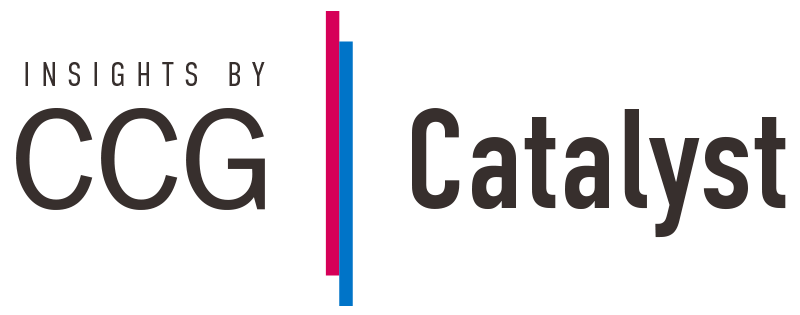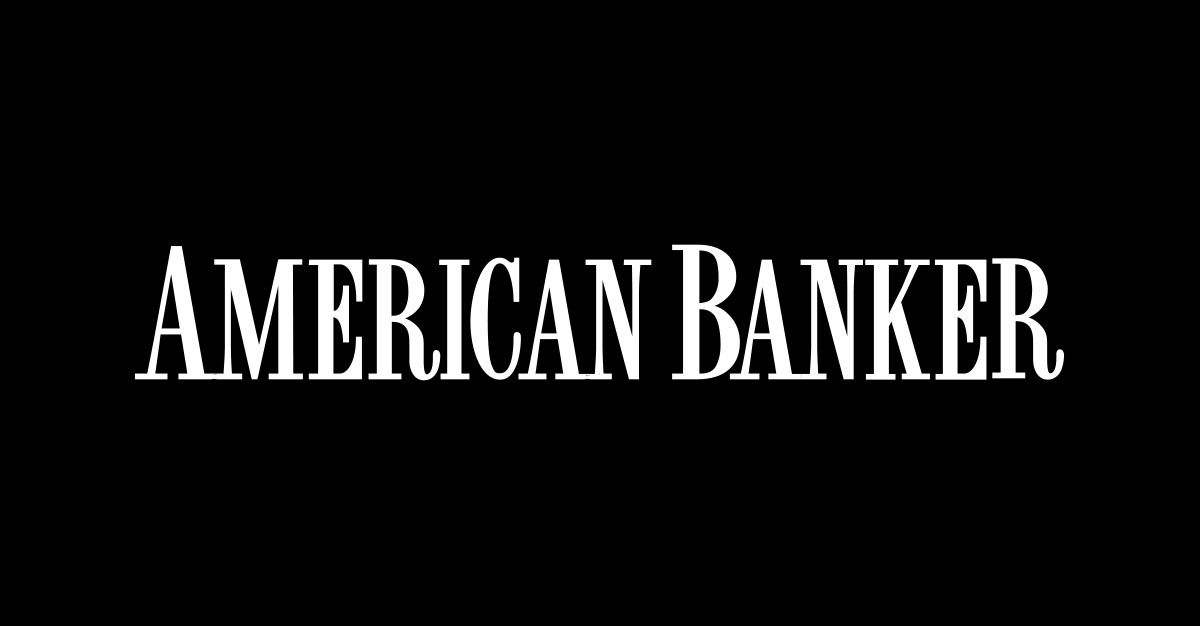Banks can’t afford to ignore Generation Z
The growing importance of millennials in the workforce has already unleashed major forces of change on the banking industry, fueling the growth of digital technologies and fintech startups. Now banks are preparing for the next generation — Generation Z — to take things a step further.
Generation Z mostly have yet to enter the workforce full time, but many are already earning and saving. The oldest members of the generation are now in college — Gen Z is generally defined as those born after 2000, though some studies have set the generation’s starting point as early as 1995. More than two-thirds of them already have either their own bank account or a joint account shared with their parents. Although most of them are still in school, U.S. members of Gen Z reportedly hold more than $40 billion in purchasing power in the U.S. Many of them already work — about the same percentage of Gen Z is earning money as millennials who are about 10 years older. They also outnumber millennials — and will begin entering the workforce full time in droves within the next half decade.
In some ways, Gen Z’s habits and preferences reflect those of their millennial predecessors. They are technology-oriented, including in how they manage their finances. One survey found that 48% of them already have a finance or payment app on their phone. Additionally, in an ominous sign for banks, 42% of Gen Z said they’re “excited” about the prospect of using tech giants like Google, Apple, Facebook or Amazon for financial services. It’s important to also remember that this generation has grown up interacting with emerging technologies and experiences. Millennials grew up with cellphones. Gen Z has grown up with intelligent voice assistants like Siri and messaging apps like Snapchat.
Gen Z also differs in some ways from the millennial generation. Millennials grew up in the pre-recession economy of the early and mid-2000s, and then entered the workforce full time right when the Great Recession hit. Gen Z has grown up mostly in a post-recession world, watching their parents and older siblings grapple with the fallout of the 2008 economic crisis.
Keep reading on American Banker.
Subscribe to CCG Insights.








